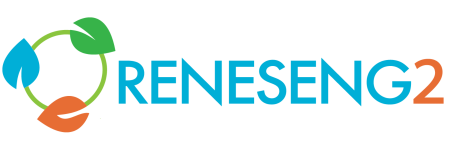This website is dedicated to the Renewable Systems Engineering (RENESENG)II HORIZON 2020 project. More specifically RENESENG KPIs is part of Deliverable 8.2 (Quality Indicators for project assessment).
A performance indicator or key performance indicator (KPI) is a type of performance measurement. KPIs evaluate the success of an organisation or of a particular activity in which it engages. KPIs help us to measure how well companies, business units, projects or individuals are performing compared to their strategic goals and objectives. Well-designed KPIs provide the vital navigation instruments that give us a clear understanding of current levels of performance.

Choosing the right KPIs relies upon a good understanding of what is important to the organisation. 'What is important' often depends on the department measuring the performance - e.g. the KPIs useful to finance will really differ from the KPIs assigned to sales. Since there is a need to understand well what is important, various techniques to assess the present state of the business, and its key activities, are associated with the selection of performance indicators. These assessments often lead to the identification of potential improvements, so performance indicators are routinely associated with 'performance improvement' initiatives.
The RENESENG II project technical Annex requires reporting of project progress to be made in accordance with particular Key Performance Indicators as loosely described in paragraphs B.3.3 and B.3.4 . KPIs on this platform have been devised from these descriptions so as to obtain a set of quantitative measures of progress, where possible bound within meaningful ranges. Certain KPIs can be made up as aggregates of second-level indices, where the original description lends itself to extensive dissection (for example KPIs on dissemination) or where information is by nature discrete and requires aggregation on a project level (for example research progress of individual researchers).
